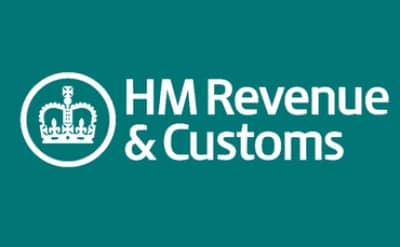Tax-free income? Park that thought
Updated 7th July 2022 | 2 min read Published 28th November 2018
Have you considered renting out your driveway, a parking space or your garage for some extra tax-free income?
The introduction of the new property allowance for 2017/18 onwards means that those with low levels of rental income may not need to report it to HMRC.

The property allowance is £1,000 for 2017/18 and 2018/19. Broadly those with income from property of less than £1,000 a year, no longer need to report it to HMRC – this may be particularly useful for someone who has a driveway or parking space in a town centre or near a station where parking is limited.
For example, you could allow someone to park on your driveway for 200 days a year at £5 per day. Providing you have no other property income, this money would be covered by the property allowance - making a tax-free sum of £1,000 for you. There is no need to report it to HMRC.
If your income from property does tip over the £1,000 limit, you then have two choices for tax purposes – you can either deduct the £1,000 property allowance from the rental income received and pay tax on the excess; or you can calculate the profit and loss in the normal way. The most beneficial option will depend on the level of any expenditure you have incurred in connection with the rentals.
If your rental income exceeds expenses, but your expenses are less than £1,000, it will be beneficial to claim the property allowance and pay tax to the extent that income exceeds £1,000. If your expenditure is in excess of £1,000 for the year, then the best result is likely to be obtained by calculating the profit in the usual way, deducting allowable expenses from receipts.
So, for example, in 2018/19 John earns £3,600 from allowing cars to park in a field he owns when a festival is taking place nearby. He incurs expenses of £760.
If he calculates his profit in the usual way, John’s taxable profit will be £2,840 (£3,600 minus £760). However, if he claims the property allowance, his taxable profit falls to £2,600 (£3,600 - £1,000). He will therefore be better off claiming the property allowance.
It’s worth noting that if something goes wrong and you end up making a loss, then it will not be beneficial to claim the property allowance – losses can generally be carried forward an offset against future property income.
The property allowance is a relatively straight forward tax allowance – it may be worthwhile thinking about whether you can make use of it.
In this article we make several references to business expenses. If you're interested in alleviating the burden of expenses in your small business then we have an expenses app for you. We also have an expenses solution for larger business too.





